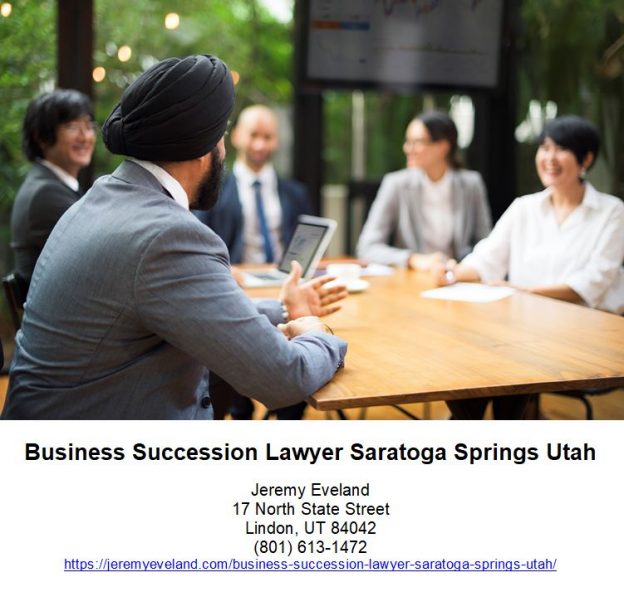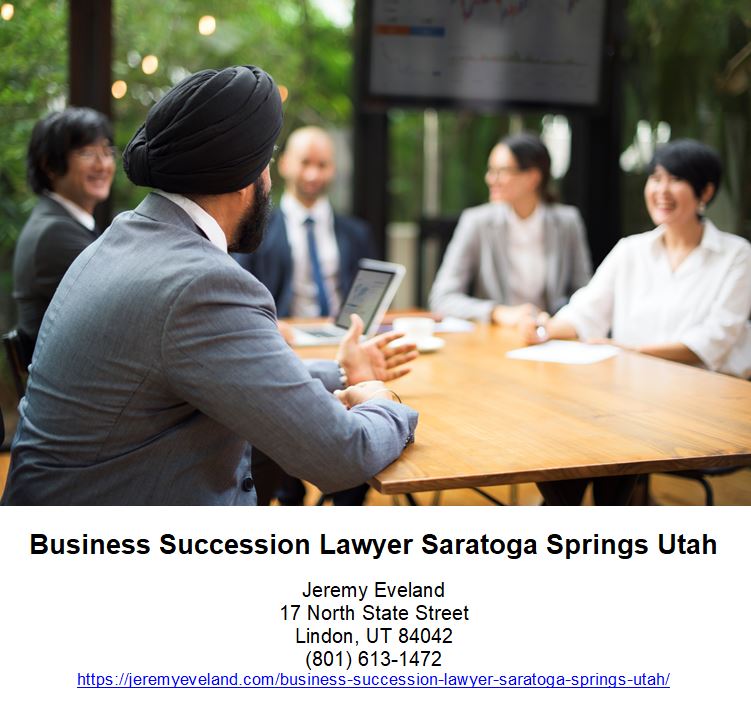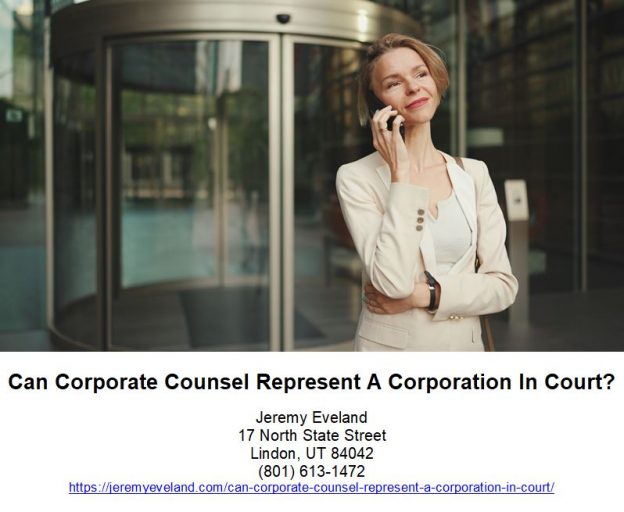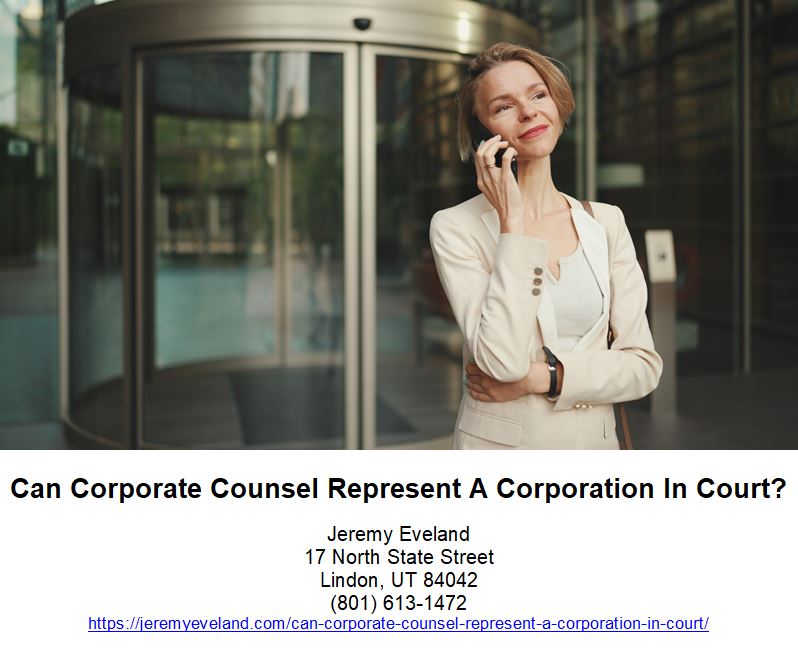-
Attorney at Law
- Introduction
- Estate Planning Attorneys in Salt Lake City: Who to Trust
- Estate Planning Services in Salt Lake City: What You Should Expect
- Estate Planning Law in Salt Lake City: What You Should Know
- Estate Planning in Salt Lake City: What You Need to Know
- Last Wills and Testaments
- Durable Power of Attorney
- Special Powers of Attorney
- Advance Health Care Directives
- Revocable Living Trusts
“Secure Your Future with Estate Planning in Salt Lake City, Utah”
Introduction
Welcome to Estate Planning Salt Lake City Utah! We are here to help you plan for the future and protect your assets. Estate planning is an important part of financial planning and can help you ensure that your wishes are carried out after you pass away. We understand that estate planning can be a complex and intimidating process, so we are here to provide you with the resources and guidance you need to make the best decisions for your future. Our team of experienced estate planning attorneys will work with you to create a comprehensive plan that meets your individual needs and goals. We look forward to helping you plan for the future and protect your assets.
Estate Planning Attorneys in Salt Lake City: Who to Trust
When it comes to estate planning, it is important to find an attorney you can trust. Salt Lake City is home to many experienced and knowledgeable estate planning attorneys who can help you create a plan that meets your needs. Here are some tips for finding the right attorney for you.
First, do your research. Look for attorneys who specialize in estate planning and have experience in the area. Check out their websites and read reviews from past clients. Make sure the attorney you choose is licensed to practice in Utah and has a good reputation.
Second, ask for referrals. Talk to friends, family, and colleagues who have used estate planning attorneys in the past. Ask them about their experiences and get recommendations.
Third, meet with the attorney. Schedule a consultation to discuss your estate planning needs. Ask questions about their experience, fees, and services. Make sure you feel comfortable with the attorney and that they understand your goals.
Finally, trust your instincts. If you don’t feel comfortable with the attorney, don’t hesitate to look for another one. Estate planning is an important decision and you want to make sure you are working with someone you can trust.
Salt Lake City is home to many experienced and knowledgeable estate planning attorneys. With a little research and some referrals, you can find the right attorney for you. Make sure you feel comfortable with the attorney and trust your instincts. With the right attorney, you can create an estate plan that meets your needs.
Estate Planning Services in Salt Lake City: What You Should Expect
When it comes to estate planning services in Salt Lake City, you should expect a comprehensive approach to protecting your assets and ensuring that your wishes are carried out after you pass away. Estate planning is an important part of financial planning and should be taken seriously.
When you work with an estate planning attorney in Salt Lake City, you can expect to receive personalized advice and guidance tailored to your specific needs. Your attorney will help you understand the various estate planning options available to you, such as wills, trusts, and powers of attorney. They will also help you understand the tax implications of each option and how they can affect your estate.
Your attorney will also help you create a comprehensive estate plan that includes all of your assets, such as real estate, investments, and other property. They will also help you create a plan for distributing your assets after you pass away. This includes creating a trust to manage your assets and ensure that your wishes are carried out.
Your attorney will also help you create a plan for managing your finances during your lifetime. This includes creating a budget, setting up a retirement plan, and creating a plan for managing your debts. Your attorney will also help you understand the various tax implications of your estate plan and how they can affect your estate.
Finally, your attorney will help you create a plan for protecting your assets from creditors and other potential claims. This includes creating a trust to protect your assets from creditors and other potential claims. Your attorney will also help you understand the various laws and regulations that apply to estate planning in Salt Lake City.
When you work with an estate planning attorney in Salt Lake City, you can expect to receive personalized advice and guidance tailored to your specific needs. Your attorney will help you understand the various estate planning options available to you and how they can affect your estate. They will also help you create a comprehensive estate plan that includes all of your assets and ensure that your wishes are carried out after you pass away.
Estate Planning Law in Salt Lake City: What You Should Know
Estate planning is an important part of financial planning for individuals and families in Salt Lake City. Estate planning involves the preparation of documents that provide for the management and distribution of assets upon death. It is important to understand the laws and regulations that govern estate planning in Salt Lake City in order to ensure that your wishes are carried out in the event of your death.
In Salt Lake City, estate planning is governed by the Utah Probate Code. This code outlines the process for creating a will, trust, and other estate planning documents. It also outlines the process for administering an estate after death. The Probate Code also outlines the rights of heirs and beneficiaries, as well as the duties of executors and trustees.
When creating an estate plan, it is important to consider the tax implications of your decisions. Estate taxes can be significant, and it is important to understand the tax laws that apply to your estate. It is also important to consider the impact of estate planning on your heirs and beneficiaries.
It is also important to consider the impact of estate planning on your business. Business owners should consider the impact of estate planning on their business, including the transfer of ownership and management of the business upon death.
Finally, it is important to consider the impact of estate planning on your charitable giving. Charitable giving can be an important part of estate planning, and it is important to understand the tax implications of charitable giving.
Estate planning is an important part of financial planning for individuals and families in Salt Lake City. It is important to understand the laws and regulations that govern estate planning in Salt Lake City in order to ensure that your wishes are carried out in the event of your death. It is also important to consider the tax implications of your decisions, the impact of estate planning on your heirs and beneficiaries, the impact of estate planning on your business, and the impact of estate planning on your charitable giving. With the help of an experienced estate planning attorney, you can ensure that your wishes are carried out in the event of your death.
Estate Planning in Salt Lake City: What You Need to Know
Estate planning is an important part of financial planning for individuals and families in Salt Lake City. It involves making decisions about how to manage and distribute assets after death. Estate planning can help ensure that your wishes are carried out and that your loved ones are taken care of.
When it comes to estate planning in Salt Lake City, there are several important considerations. First, you should consider the type of estate plan that best suits your needs. This could include a will, trust, or other legal document. You should also consider the tax implications of your estate plan. It is important to understand the tax laws in Utah and how they may affect your estate plan.
You should also consider the type of assets you have and how they should be distributed. This includes real estate, investments, and other assets. You should also consider who will be responsible for managing and distributing your assets after your death.
Finally, you should consider the type of executor you want to appoint. An executor is responsible for carrying out the wishes of the deceased. It is important to choose someone who is trustworthy and knowledgeable about estate planning.
Estate planning in Salt Lake City can be a complex process. It is important to work with an experienced estate planning attorney to ensure that your wishes are carried out and that your loved ones are taken care of. An attorney can help you understand the legal and tax implications of your estate plan and help you make the best decisions for your family.
Last Wills and Testaments
Here is a very simple outline of what a last will and testament would look like. Please don’t use this as a form as it is missing essential elements; however, it is to show you what one would look like: This Last Will and Testament is made and entered into by [Name], of [City, State], on this [date].
I, [Name], being of sound mind and body, do hereby make, publish, and declare this to be my Last Will and Testament, hereby revoking any and all former Wills and Codicils by me at any time heretofore made.
I direct that all of my just debts and funeral expenses be paid as soon as possible after my death.
I give, devise, and bequeath all of my real and personal property, of whatsoever kind and wheresoever situated, to my [spouse/children/other], in equal shares, share and share alike.
I appoint [Name] to be the Executor of this my Last Will and Testament.
In witness whereof, I have hereunto set my hand and seal this [date].
[Name]
[Signature]
Durable Power of Attorney
A Durable Power of Attorney (DPOA) is a legal document that allows an individual to appoint another person to act on their behalf in the event that they become incapacitated or otherwise unable to make decisions for themselves. The DPOA grants the appointed individual the authority to make decisions regarding the principal’s financial and legal matters, including the ability to access bank accounts, manage investments, and pay bills.
The DPOA is an important document for individuals who wish to ensure that their affairs are managed in accordance with their wishes in the event of their incapacitation. It is important to note that the DPOA does not take effect until the principal is deemed to be incapacitated, and the appointed individual is not authorized to act on the principal’s behalf until that time.
When creating a DPOA, it is important to ensure that the document is properly drafted and executed in accordance with the laws of the state in which it is created. It is also important to ensure that the appointed individual is someone who is trustworthy and capable of managing the principal’s affairs in accordance with their wishes.
It is also important to note that a DPOA can be revoked at any time by the principal, provided they are of sound mind and body. It is also important to keep the document up to date, as laws and regulations may change over time.
Creating a DPOA is an important step in ensuring that an individual’s wishes are respected in the event of their incapacitation. It is important to ensure that the document is properly drafted and executed, and that the appointed individual is someone who is trustworthy and capable of managing the principal’s affairs in accordance with their wishes.
Special Powers of Attorney
A power of attorney (POA) is a legal document that grants an individual (the “principal”) the authority to appoint another individual (the “agent” or “attorney-in-fact”) to act on their behalf in a variety of legal and financial matters. A power of attorney can be general, granting the agent broad powers to act on the principal’s behalf, or it can be limited to specific tasks or transactions.
A special power of attorney (SPOA) is a type of POA that grants the agent more limited powers than a general POA. An SPOA is typically used when the principal needs someone to act on their behalf in a specific situation or for a specific purpose. For example, an SPOA might be used to grant an agent the authority to sign a contract on the principal’s behalf, or to manage the principal’s financial affairs while they are out of the country.
When creating an SPOA, it is important to be as specific as possible about the powers granted to the agent. The document should clearly state the purpose of the POA, the specific powers granted to the agent, and any limitations or restrictions on the agent’s authority. It is also important to ensure that the document is properly signed and witnessed in accordance with applicable state laws.
An SPOA can be an invaluable tool for individuals who need to delegate certain tasks or responsibilities to another person. However, it is important to remember that the agent is legally obligated to act in the principal’s best interests and must follow all instructions provided in the document. It is also important to remember that the principal remains legally responsible for any actions taken by the agent.
Advance Health Care Directives
Advance health care directives are legal documents that allow individuals to make decisions about their medical care in the event that they become unable to make decisions for themselves. These directives provide individuals with the opportunity to express their wishes regarding medical treatments and other health care decisions.
Advance health care directives can be used to appoint a health care agent, who will make decisions on the individual’s behalf if they become incapacitated. The individual can also specify the types of treatments they would like to receive or refuse, such as life-sustaining treatments or organ donation.
Advance health care directives are important documents that can help ensure that an individual’s wishes are respected in the event of an emergency. It is important to discuss these directives with family members and health care providers to ensure that everyone is aware of the individual’s wishes.
Advance health care directives should be reviewed periodically to ensure that they are up to date and reflect the individual’s current wishes. It is also important to make sure that copies of the directives are available to family members and health care providers.
Advance health care directives are an important tool for individuals to ensure that their wishes are respected in the event of an emergency. It is important to discuss these directives with family members and health care providers to ensure that everyone is aware of the individual’s wishes.
Revocable Living Trusts
A Revocable Living Trust is a legal document that allows an individual to transfer their assets into a trust during their lifetime. This type of trust is revocable, meaning that the individual can make changes to the trust or even revoke it at any time. The trust is managed by a trustee, who is responsible for managing the assets and distributing them according to the instructions of the trust.
The primary benefit of a Revocable Living Trust is that it allows an individual to avoid probate. Probate is the legal process of distributing a deceased person’s assets, and it can be a lengthy and expensive process. By transferring assets into a Revocable Living Trust, the individual can avoid probate and ensure that their assets are distributed according to their wishes.
Another benefit of a Revocable Living Trust is that it allows an individual to maintain control over their assets. The individual can name themselves as the trustee, which allows them to manage the trust and make decisions about how the assets are distributed. The individual can also name a successor trustee, who will take over the management of the trust if the individual becomes incapacitated or passes away.
Finally, a Revocable Living Trust can provide privacy. Unlike a will, which is a public document, a Revocable Living Trust is private. This means that the details of the trust and the assets it contains are not available to the public.
Overall, a Revocable Living Trust is a powerful tool that can provide many benefits to an individual. It can help an individual avoid probate, maintain control over their assets, and provide privacy. For these reasons, a Revocable Living Trust is an important estate planning tool that should be considered by anyone looking to protect their assets.
Areas We Serve
We serve individuals and businesses in the following locations:
Salt Lake City Utah
West Valley City Utah
Provo Utah
West Jordan Utah
Orem Utah
Sandy Utah
Ogden Utah
St. George Utah
Layton Utah
South Jordan Utah
Lehi Utah
Millcreek Utah
Taylorsville Utah
Logan Utah
Murray Utah
Draper Utah
Bountiful Utah
Riverton Utah
Herriman Utah
Spanish Fork Utah
Roy Utah
Pleasant Grove Utah
Kearns Utah
Tooele Utah
Cottonwood Heights Utah
Midvale Utah
Springville Utah
Eagle Mountain Utah
Cedar City Utah
Kaysville Utah
Clearfield Utah
Holladay Utah
American Fork Utah
Syracuse Utah
Saratoga Springs Utah
Magna Utah
Washington Utah
South Salt Lake Utah
Farmington Utah
Clinton Utah
North Salt Lake Utah
Payson Utah
North Ogden Utah
Brigham City Utah
Highland Utah
Centerville Utah
Hurricane Utah
South Ogden Utah
Heber Utah
West Haven Utah
Bluffdale Utah
Santaquin Utah
Smithfield Utah
Woods Cross Utah
Grantsville Utah
Lindon Utah
North Logan Utah
West Point Utah
Vernal Utah
Alpine Utah
Cedar Hills Utah
Pleasant View Utah
Mapleton Utah
Stansbury Par Utah
Washington Terrace Utah
Riverdale Utah
Hooper Utah
Tremonton Utah
Ivins Utah
Park City Utah
Price Utah
Hyrum Utah
Summit Park Utah
Salem Utah
Richfield Utah
Santa Clara Utah
Providence Utah
South Weber Utah
Vineyard Utah
Ephraim Utah
Roosevelt Utah
Farr West Utah
Plain City Utah
Nibley Utah
Enoch Utah
Harrisville Utah
Snyderville Utah
Fruit Heights Utah
Nephi Utah
White City Utah
West Bountiful Utah
Sunset Utah
Moab Utah
Midway Utah
Perry Utah
Kanab Utah
Hyde Park Utah
Silver Summit Utah
La Verkin Utah
Morgan Utah
Estate Planning Salt Lake City Utah Consultation
When you need help with Estate Planning near Salt Lake City Utah call Jeremy D. Eveland, MBA, JD (801) 613-1472 for a consultation.
Jeremy Eveland
17 North State Street
Lindon UT 84042
(801) 613-1472
Related Posts
Business Strategy and Consulting
Business Succession Lawyer Roy Utah
Business Lawyer St George Utah
Estate Planning Lawyer Ogden Utah
Business Succession Lawyer Pleasant Grove Utah
Market Analysis For Business Antitrust Merger
Are Legal Expenses for Estate Planning Deductible?
Common Legal Issues That Should Involve A Business Lawyer
Corporate Attorney West Valley City Utah
What Does A Corporate Counsel Do?
Can Corporate Counsel Represent A Corporation In Court?
Corporate Attorney Salt Lake City Utah
Business Succession Lawyer Saratoga Springs Utah
Estate Planning Salt Lake City Utah
[geocentric_weather id=”79414f66-9f4c-4a1a-9eaa-8bbae65c0683″]
[geocentric_about id=”79414f66-9f4c-4a1a-9eaa-8bbae65c0683″]
[geocentric_neighborhoods id=”79414f66-9f4c-4a1a-9eaa-8bbae65c0683″]
[geocentric_thingstodo id=”79414f66-9f4c-4a1a-9eaa-8bbae65c0683″]
[geocentric_busstops id=”79414f66-9f4c-4a1a-9eaa-8bbae65c0683″]
[geocentric_mapembed id=”79414f66-9f4c-4a1a-9eaa-8bbae65c0683″]
[geocentric_drivingdirections id=”79414f66-9f4c-4a1a-9eaa-8bbae65c0683″]
[geocentric_reviews id=”79414f66-9f4c-4a1a-9eaa-8bbae65c0683″]



















